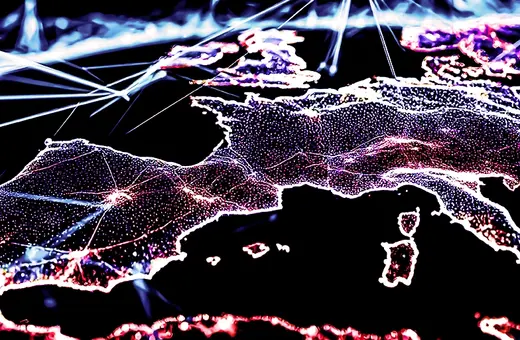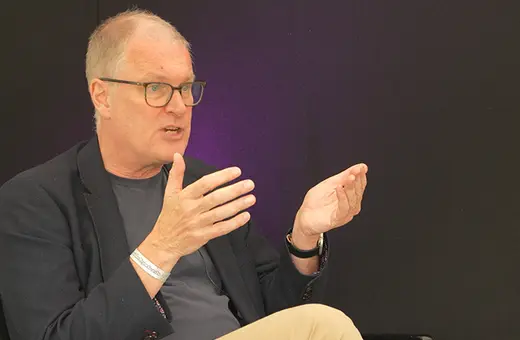Our philosophical accounts of risk and reward are not suited to deal with the problem of climate change.We are hard-wired to prioritise the short term over the long, and we are attracted to particular philosophical accounts about the self that are detrimental, argues Sarah Ray, Professor of Environmental Studies at Cal Poly Humboldt. By hacking our reward system and telling radically new positive stories about our place in the world, contrary to most climate activists, we can tackle the problem of climate change more effectively.
Cognitive psychologists, social psychologists, and neuroscientists have long studied the role of the brain, thoughts, and emotions in determining environmental behaviour. Our brains are machines that filter out some information in favour of more salient information, because otherwise we’d be bogged down in an infinite churl of decision-making, demands on our attention, and evaluating risk-benefits moment to moment. Over time, the brain’s attempt to simplify the complex world through “biases,” nervous system responses, and reward circuitry evolved to keep us alive. But much of this wiring is at odds with what we need to do to address global warming.
One example is our perception of risk. Our nervous systems detect threats when our brains perceive them to rank high on likelihood, magnitude, immediacy, intentionality, and agency. In other words, the threat feels greater when it has a face.
The problem, however, is that even if you are already feeling its effects, climate change ticks none of these boxes. It isn’t a scary intruder. It is often subtle or slow-moving in its assault, and its impacts frequently don’t immediately affect us. We see an extreme weather event somewhere else in the world, experience a hotter summer, or hear about rising sea levels. But in such cases, it can be difficult to get our sympathetic nervous systems to respond for the aforementioned reasons. This delay between our nervous system’s awareness of a threat, and any action we might take to prevent it, is the tragic result of not being wired for warming.
What’s more, since the rewards of changing business-as-usual, such as biking more or flying less, do not appear to outweigh the costs (status quo bias), it is cognitively easier to kick the can down the road to future generations, to illusive politicians, or to nature itself. Most of us feel our actions can hardly make a difference against such a massive problem anyway, so most of us just give up (pseudoinefficacy). That, combined with the seductive message that individual change is insignificant compared to system-level change, makes us feel that nothing we do could possibly make a difference (learned helplessness).
It may be that you believe that any diagnosis that targets the level of the brain or the scale of the individual is inadequate from the outset. It has been trendy in climate spaces to disavow the role of the individual in favour of emphasizing the much more urgent necessity of system change. But this impulse to disavow individual change because it’s easier to blame systems is deeply flawed and a symptom of status quo bias.






















Join the conversation